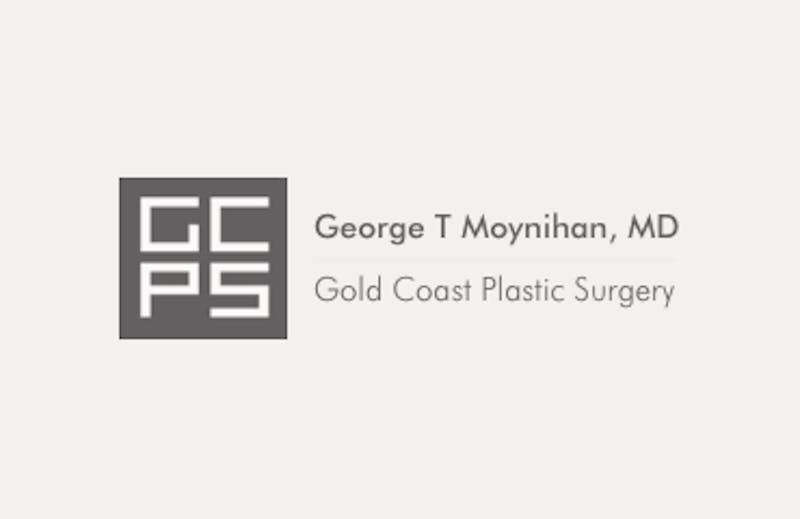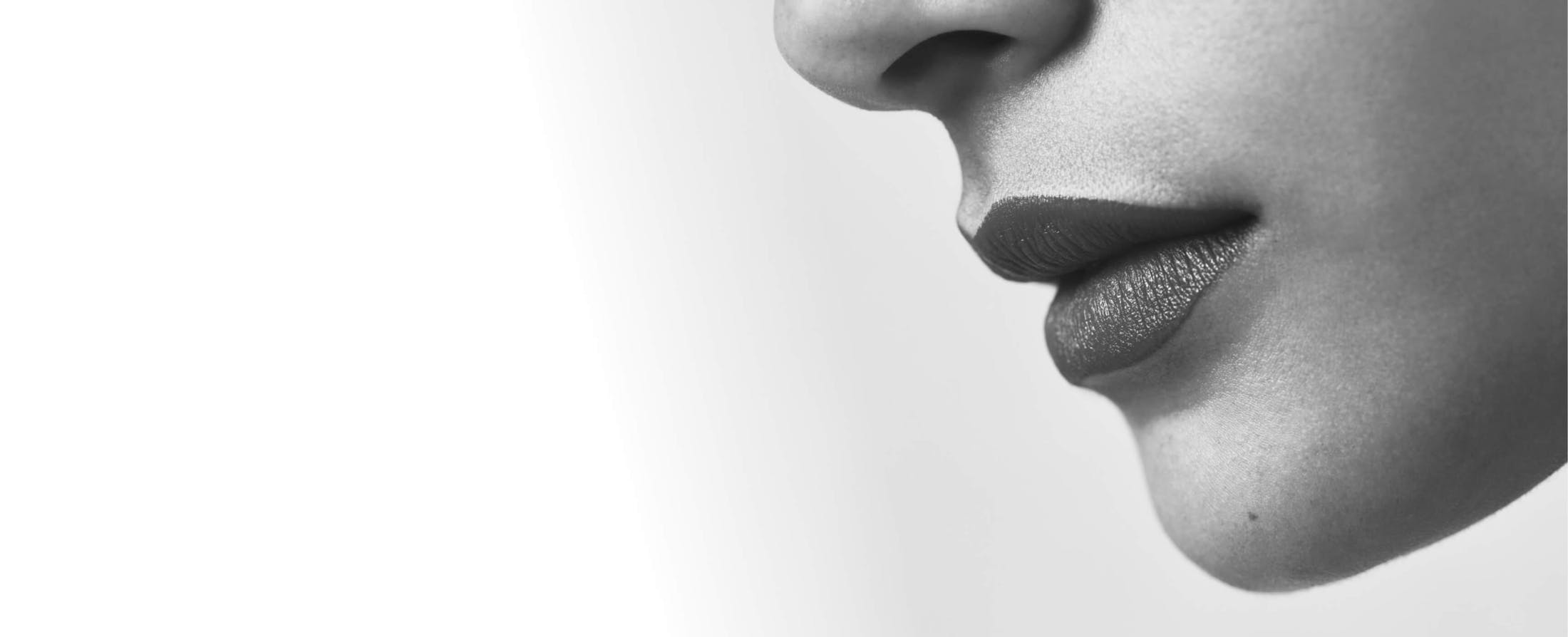
Men and women who are unhappy with their nose have the option to undergo a surgical procedure known as rhinoplasty, otherwise known as a nose job. Top Chicago rhinoplasty surgeon Dr. George T. Moynihan, M.D. reminds patients however, that not everyone is a good candidate for this type of procedure, which is why it’s important to consult an experienced and trusted nose job doctor so they can accurately determine whether or not a surgical rhinoplasty is the right fit for you.
Types of rhinoplasty
During consultation, your doctor will discuss with you the approach they will be using to enhance your nasal features or structure, or to address nasal issues like breathing problems. After a thorough evaluation of your concerns, the features of your nose, and your treatment goals, the doctor will decide whether your situation calls for an open nose job or if a closed rhinoplasty is a better fit for you.
With that said, you should know that there are two general types of surgical rhinoplasties: open rhinoplasty and closed rhinoplasty. To help you understand how each one works, below is a summary of their differences and similarities.
Open rhinoplasty
If your nose job doctor decides that an open rhinoplasty or nose job is the best option for your specific concerns, here is what you need to know about it:
- The incision is made outside the nose; specifically, across the columella or the soft tissue between your nostrils. From here, the surgeon will lift or separate the skin to have a better view of, and access to, the nasal structure
- Patients are usually given general anesthesia or IV sedation to keep them comfortable during surgery
- The procedure can last up to four hours
- Recovery is usually longer and more challenging compared to a closed nose job because the procedure is more extensive
- Patients with more complicated nasal concerns, including breathing problems, are the ideal candidates for this type of rhinoplasty treatment
- Revision rhinoplasty is generally performed using the open rhinoplasty approach
Chicago rhinoplasty surgeon Dr. Moynihan also adds that an open nose job may result in temporary scarring but assures patients that the scars are “well hidden within the natural curvature of the nose.”
Closed rhinoplasty
A closed rhinoplasty, in contrast, is performed by making an incision inside the nose or more specifically, “on the inside of the nostrils,” shares Chicago rhinoplasty surgeon Dr. George T. Moynihan. Below are a few things every patient should know about it:
- It is performed under general anesthesia or IV sedation (similar to open rhinoplasty)
- From the incisions made on the inside of the nostrils, the doctor will access the cartilage to sculpt or shave the surface until the right shape or size is achieved
- The doctor may also add bone or cartilage through this incision to reshape or resize the nose
- The procedure usually lasts between one and two hours only, making it relatively shorter than an open rhinoplasty
- Healing and recovery may likewise be shorter compared to an open nose job
- Closed rhinoplasty is ideal for patients that need minor corrections only like reshaping or resizing
When your nose job doctor tells you that your are a good candidate for a closed rhinoplasty, make sure to ask for before and after photos of their previous closed rhinoplasties so you’ll have an idea of their level of expertise. Understand that a closed rhinoplasty is much more difficult to perform since the surgeon has no direct, open access to the nasal structure. In other words, they cannot see what they are working on. Everything is performed based on their skills and expertise.
If you’re considering a nose job in Chicago, consult a trusted and experienced Chicago rhinoplasty surgeon. Click here to schedule a consultation with top nose job doctor Dr. George T. Moynihan. You may also call Gold Coast Plastic Surgery at (312) 736-7792.


